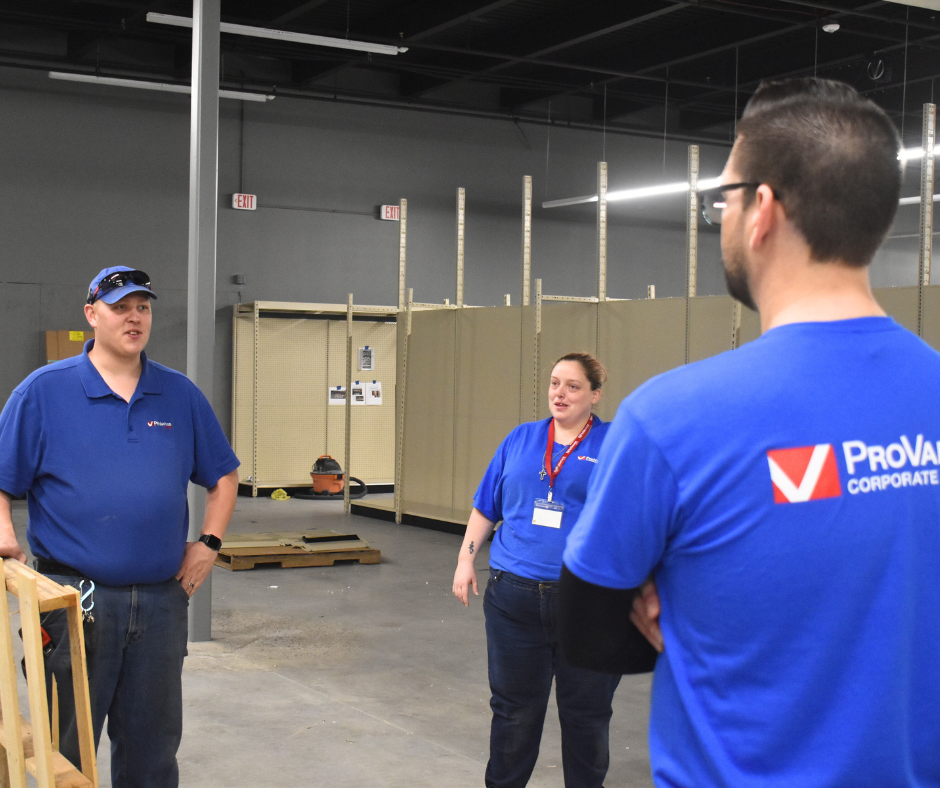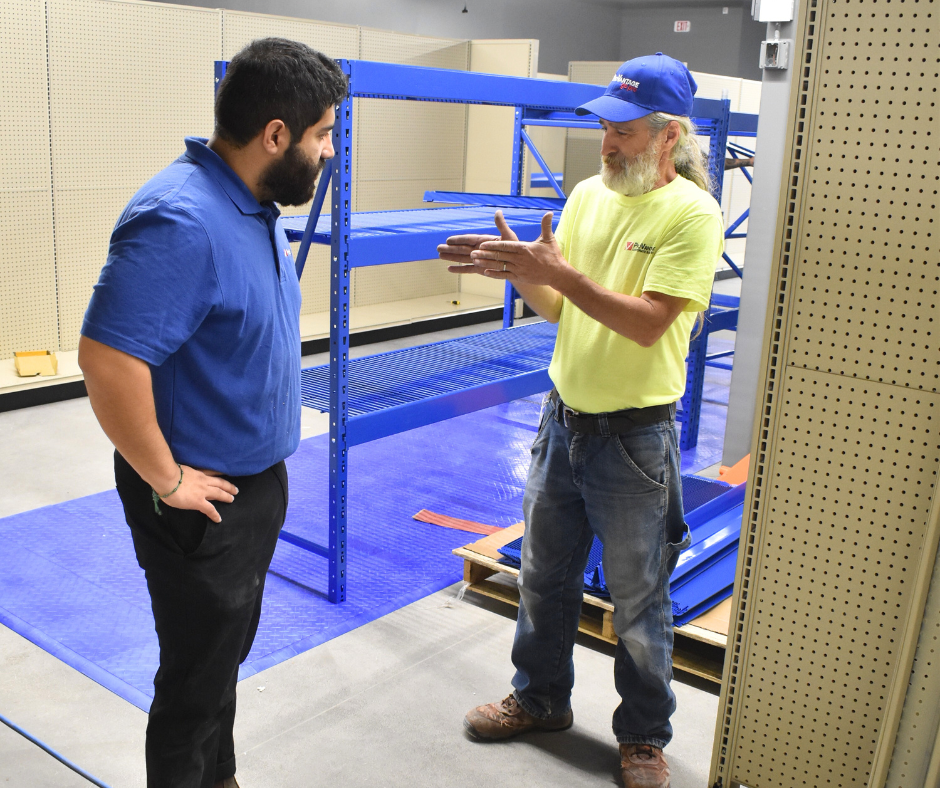“The single biggest problem in communication is the illusion that it has taken place.”
– George Bernard
In the pursuit of effective communication, understanding others goes beyond mere words. Active listening emerges as a crucial skill, requiring us to delve deeper than just hearing. It involves actively processing and grasping the meaning and intention behind the words. To achieve this, we must be mindful and fully engage ourselves in the communication process.
Active listening is so much more than simply hearing what is said, we must comprehend the speaker’s emotions, concerns, and perspectives. This depth of engagement fosters trust and connection, laying the foundation for meaningful relationships and collaborations.
Moreover, active listening fosters empathy, allowing us to step into the shoes of others and understand their experiences and motivations. This practice validates their thoughts and feelings, enriching both personal and professional interactions with rapport and harmony.
Join us as we explore the profound impact of active listening on relationships and interactions, discovering its significance and practical applications. Together, let’s unlock the power of genuine understanding through active listening.
Active listening serves as the cornerstone of meaningful communication. To practice active listening effectively, it’s essential to consciously set aside any biases and preconceptions, allowing you to fully immerse yourself in the speaker’s perspective.
When you actively listen, you’re creating a space of non-judgmental curiosity by empathizing with the emotions and experiences of others. Providing this empathy fosters open dialogue and mutual understanding, strengthening relationships and enhancing problem-solving and conflict resolution skills.
By placing active listening at the forefront, you’re able to forge deeper connections and navigate challenges with grace and compassion.


Eye Contact: Sustaining eye contact serves as a potent nonverbal signal, conveying interest, respect, and attentiveness. When you maintain eye contact with those you are speaking with, you’re laying the groundwork for trust and genuine connections between yourself and your peers, fostering an atmosphere where effective communication thrives.
Attunement: Commonly referred to as “tuning in,” attunement embodies the skill of identifying and immersing oneself in another individual’s emotional state. Empathy is a key part of this process, allowing us to recognize and resonate with the emotions of others while respecting personal boundaries.
By grasping the emotional context of those around us, we can react with compassion and empathy, strengthening our bond and fostering mutual comprehension.
Reflecting: Reflection is a core element of active listening that involves the skillful rephrasing or concise summarization of communicated content to ensure comprehensive understanding. This practice demonstrates our investment in what our peers have to say while dispelling any potential misunderstandings or ambiguities. By actively seeking validation or further clarity, we affirm the speaker’s perspective, nurturing a foundation of trust and understanding within the conversation.
Comprehending the Situation: Effective communication depends on grasping the bigger picture of the conversation. By asking in-depth and open-ended questions, we gain deeper insights into the speaker’s thoughts, concerns, and motivations. This understanding allows us to adapt our responses in a way that encourages transparent communication and meaningful dialogue.
Achieving mastery in active listening demands continuous dedication. The key to effectiveness lies in consistently employing active listening across various situations, both in personal interactions and professional environments.
To cultivate this skill, immerse yourself in conversations, attentively absorbing the speaker’s verbal and nonverbal cues. Do so while also avoiding premature interruptions or judgments.
By refining your listening abilities, you can foster deeper connections and facilitate more meaningful communication with everyone around you.
This can lead to improved cooperation, conflict resolution, and more harmonious and productive relationships across all spheres of life.

In a world full of distractions, active listening is like a guiding light, helping us form genuine connections and understand each other better. Improving our active listening skills not only makes us better communicators but also builds stronger relationships, making our society more caring and understanding.
The next time you’re speaking with your peers, remember to listen actively, show empathy, and truly connect with those around you.
To learn more about ProVantage Corporate Solutions, please check out our other blogs at the link below!

Our skilled field representatives excel in labor-intensive new store setups for retailers across North America, including full-service setups of fixtures, signage, and merchandise. We provide a turnkey solution to transform your new location from an empty building to a bustling retailer. In doing so, we’ll install all the fixtures, signage, graphics, and merchandise necessary for a grand opening day. Whatever your new store needs are, our teams will get the job done.

We understand how crucial excellent execution is in a remodel project. That’s why we provide 3-shift teams, working 24 hours a day to ensure a clean, shoppable experience by opening hours. Our experience includes everything from end-to-end installation, logistics, warehousing, and merchandising for a SuperCenter remodel to sectional remodels for high-end retailers.

At ProVantage, our team members are highly experienced in construction and merchandising, which gives them an edge when it comes to reset projects. Our teams perform simple remerchandising of bays, tear down existing fixtures, build new fixtures, and move steel with complex merchandising. Whatever the scope, we provide experienced merchandisers to successfully execute your project.

ProVantage has a proven track record of providing consistent and dependable routine merchandising services on a nationwide scale. Together, we’ll develop an individualized plan and schedule for each of your locations. Our services allow your employees to focus on customers and sales, instead of stocking the shelves.

Need to know the exact details of your retail locations? We provide audits of your store locations, ranging from taking inventory of existing fixtures and gondolas, AutoCAD services, and ADA audits to see if your locations are up to code. Let us know your needs, and we can provide an audit solution for you.

Real-time project management, real-time results. Our proprietary software allows you to connect every aspect of a project from one cloud-based interface. Monitor progress, headcount, hours, and more, with project analytics at your fingertips.
The best writing services take their reputation seriously. They won’t cooperate with a free essay writing papers do my homework writer or someone underqualified, so essay websites should have grammatically fluent info.
